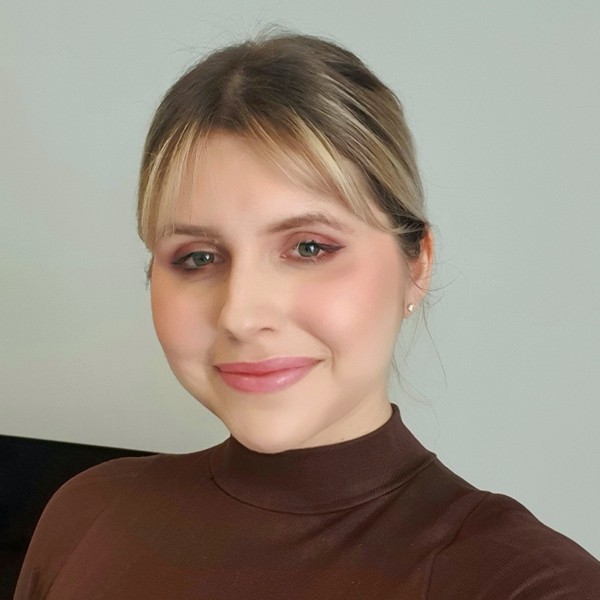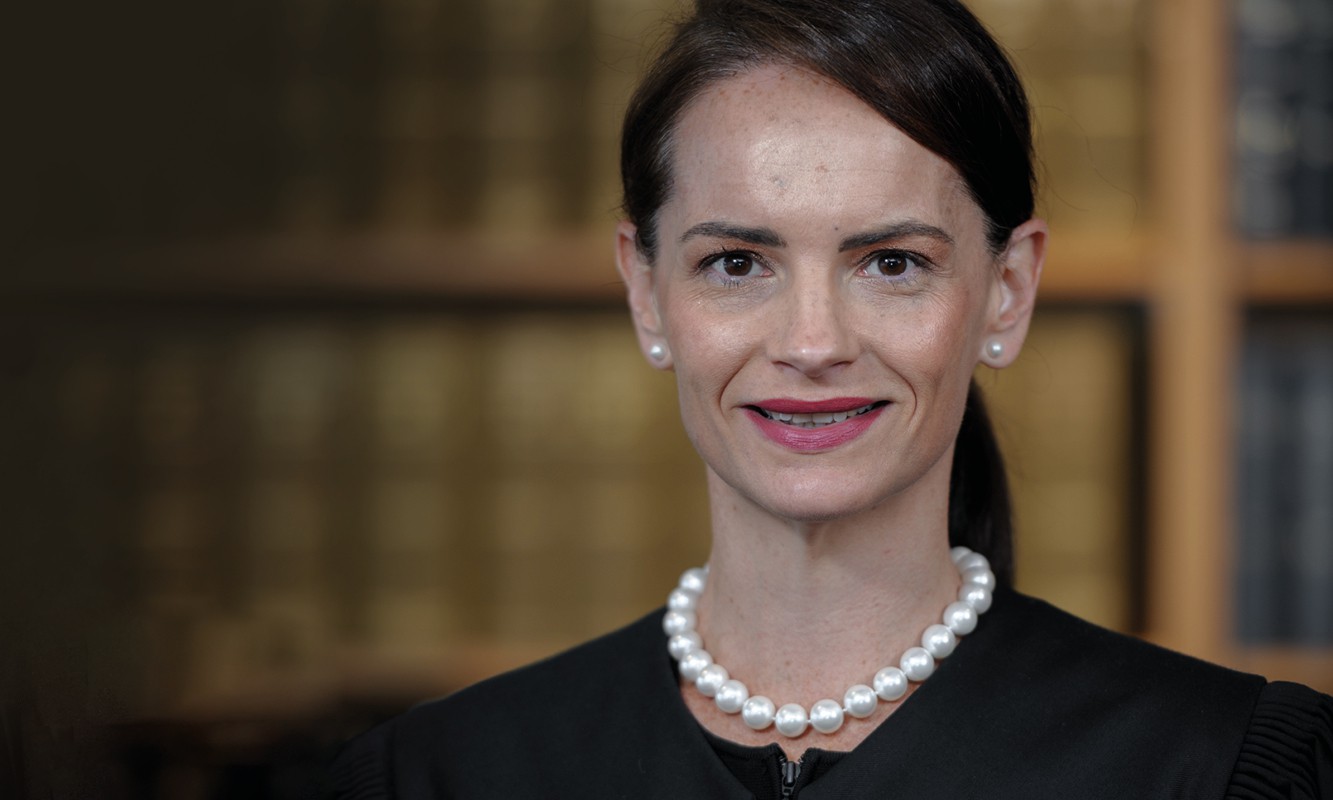Kamilaroi woman, Justice Louise Taylor has just become the first female Indigenous Supreme Court judge. This significance of her appointment stretches far beyond the courtroom and marks a historic milestone for both the judiciary and the nation.
Justice Louise Taylor first made history in 2018 when she was appointed as the ACT’s first Indigenous magistrate, and on Friday she became the first female indigenous judge appointed to the Supreme Court of ACT. Her Honour joins the recently expanded ACT Supreme Court as its sixth judge.
Justice Taylor has had a successful career in the law, with a primary focus on criminal law, and spending a decade as Chair of the ACT Women’s Legal Centre. In 2019, Justice Taylor was awarded the Indigenous Alumni of the Year Award from ANU for the impact of her contribution to Aboriginal and Torres Strait Islander rights and access to justice for women in the community.1
During my Q&A with Justice Taylor, her Honour emphasised the power of the law and the intricate navigation of its inherit complexities, particularly for mob. She reflected on her most inspiring moments in her legal career, and how she is consistently humbled by people’s unyielding spirit during unimaginable hardships. Justice Taylor also shared her vision for the future of Australia, wherein history and culture is honoured at the highest levels.
What inspired you to pursue a career in the law?
My decision to study law was borne from a desire to be able to speak the language of the law. My experiences as a young person growing up in inner-city Sydney meant I had a keen understanding of the enormous power of the law to dramatically impact the lives of individuals, families and communities. I wanted to be able to understand that power and in some sense, harness it to influence the impact I saw it have. I saw the law, and I still see the law as a tool to help people – to stick up for people and to hold institutions, organisations and individuals to account. As an Aboriginal person this seemed to me to be a way to improve the lives of our people and I wanted to make a contribution in that regard.
Could you share your most treasured or inspiring story (case or event) that has happened during your legal career?
I have many treasured and inspiring memories from my career in the law. I have been honoured to be given access to people at a time in their lives when they are at their most vulnerable. To share the detail of specific matters would likely breach the confidence people have placed in me to keep their stories private. What I can say is that there are individuals who I have engaged with during my time as a lawyer who have demonstrated to me the strength of the very basic will to survive – in the most horrific of circumstances. I have been consistently humbled by examples of unwavering courage, unconditional love, enduring loyalty and resilience in the face of the worst of human behaviour. The gratitude extended to me from those who I have assisted over the years for simply doing my job is a reflection I think of the paralysing crisis that often requires people to need the assistance of a lawyer. I have always tried to keep in mind that what might be just another day at work for me, could be the most stressful or important day in the life of the person I am interacting with during the course of my work – to lose sight of that is to forget the very real power the law can wield. I don’t take the privilege of the work I do for granted and I am acutely aware of the opportunity that access to education created in my life.
Are there any particular hobbies or pastimes that you are passionate about?
I love to spend uninterrupted time with my family and I love to cook. I hate running but do it fairly regularly.
What advice would you offer to aspiring indigenous students who are considering a career in the law?
A career in the law can be a fulfilling, frustrating and exhilarating. There is a need for our people to speak the language of the legal systems that we are regularly forced into, often as reluctant participants. The concept of law is not new for our mob – complex systems of rules and regulations about conduct, conflict and culture having existed in our communities for thousands of years. There is an important place for us as lawyers in Australian legal systems to ensure our perspectives, our lived experience, and the often unique impact of law on our communities is legitimately and authentically represented. I would also say this – say yes to great opportunity and work out the finer details later.
How would you like to see Australia in 30 years’ time (by 2053)?
I would like to see an Australia that is comfortable with its history, proud of its people and united in the desire for every child to have exactly the same access to opportunity. I would like to see our people represented at the highest levels across professions and institutions. I want to see the appalling gap in outcomes entirely eradicated so the destinies of our children are not foretold at their birth. I want our communities to be safe and healthy so that our people have the same opportunity to live full, happy lives.
Footnotes
1 https://www.anu.edu.au/alumni/our-alumni/spotlight/magistrate-louise-taylor-ba-%E2%80%9801-llb-%E2%80%9801#:~:text=Louise%20has%20been%20awarded%20the,for%20women%20in%20the%20community.








Share this article